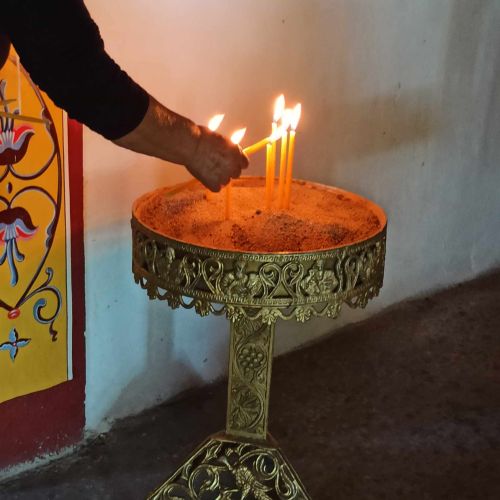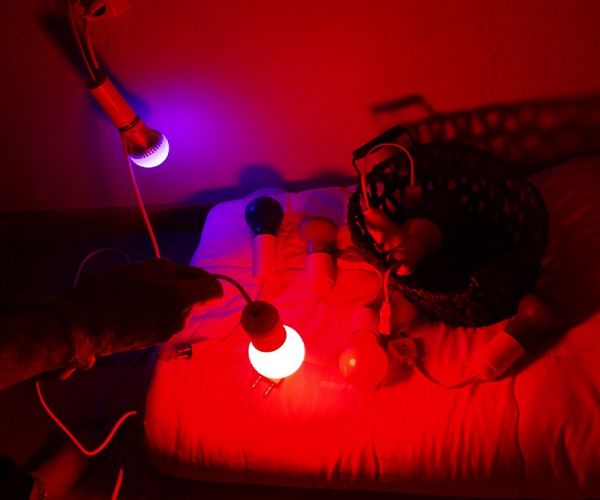The project places emphasis on the therapeutic character of everyday religious practice in diverse religio-spiritual, well-being and therapeutic enclaves, within a social context of socioeconomic, political, and healthcare crisis.


ReSpell introduces the novel term of ‘transreligiosity’, which points to the elasticity and transgression of borders of vernacular religion and contemporary spirituality, in relation to but also beyond more established forms of religion and healthcare.
The Project Respell
Explores the transreligious ways in which contemporary religion, spirituality and wellbeing are practised in three southern European countries (Portugal, Spain and Greece), which have been affected significantly by socioeconomic and political challenges and transnational flows in the last decade, and by a crucial healthcare crisis, the COVID-19 pandemic, very recently. The choice of this comparative context stems, firstly, from the fact that what binds it is the degree of the ‘crisis’, one of the highest among European countries, and its intimate link with the subsequent health challenges of the COVID-19 pandemic.

Secondly, the comparison is particularly pertinent in countries that have been academically and publicly understood as stereotypically not only socioeconomically underdeveloped (in European standards), but also as permeated by their respective established religiosity, that is, the dominant forms of Christianity (Catholicism and Orthodoxy), with scarce investigation on their ascending new forms of religious, spiritual, and therapeutic manifestation. So far, no significant research has been conducted, neither in terms of comparative context nor in terms of the intimate links between religion, spirituality and wellbeing, especially in relation to the pandemic.
Placing the ‘wellbeing’ as our main ethnographic theme, rather than focusing (only) on transcendental experiences of the sacred, seeks to understand how the different levels of crisis have affected our ethnographic subjects and how, in turn, through their religio-spiritual practices, they view and tackle with their personal health crises.
The study of transreligious practices shall contribute substantially to the understanding of how current and recent migration flows, multicultural influences and global crises trans/form the southern European society and culture at the level of religious, spiritual and healing practice from below.
As part of the project’s results, data collection and conceptual analysis, the diffusion will be mostly materialized through peer-reviewed publications, conferences, workshops and seminars, academic networks and virtual means, among others. All actions will be organized with the aim to establish a strong link between academia and society at large, permitting the research team to work towards the inclusive and equal religio-spiritual and healthcare opportunities which, given the urgency of the pandemic, are more necessary than ever before.
